PERFUME BUYING GUIDE
Ever wondered about the meaning of the word "perfume"? The word “perfume” comes from the Latin per fumum, which means “through smoke”. In ancient Roman temples, crushed flowers, leaves, wood chips, spices and aromatic resins were placed on hot coals as offerings to the gods. Their scent was released per fumum – “through the smoke”
PERFUME CONCENTRATION
One important thing you need to know about perfumes is that there are many forms and types of them. And each perfume has a level of concentration that gives it its qualities. It is this percentage that makes it possible to describe the concentration of the aromatic compound contained in a particular perfume.
TYPES OF PERFUME
There are five main categories of Perfume:
In the world of perfumery, there are 4 main types of products: perfume, eau de parfum, eau de toilette and eau de cologne, and a 5th additional sub-type called eau fraiche. So, what really sets them apart?
The main difference between these is the amount of concentrated ingredients inside. Eau de cologne has between 3 to 6% pure perfume, eau de toilette contains between 5 and 15%, against 15 to 20% for eau de parfum and 20 to 40% for perfume.
We can therefore say that the eau de cologne has a much subtler fragrance than the perfume, but its smell lasts less on the skin as it tends to evaporate quickly and often has a lighter tenacity.
Let’s Take A Deeper Look At The Differences:
PERFUME
It often contains 15 and 40% aromatic compound. With such a high concentration, the scent lingers on the skin for a long period of time and doesn’t just vanish when it’s in contact with natural elements like air or wind.
EAU DE PERFUME
Eau de parfum has a weaker olfactory concentration than perfume extracts, which are twice as concentrated. With a percentage of around 15%, this composition, which is also the most common, makes the smell more persistent. Typically, eau de parfum has a more powerful base notes, which linger long after spraying and soak into clothes and hair.
EAU DE TOILETTE
The eau de toilette has the characteristic of being subtle and light, it contains 5 to 15% maximum of aromatic ingredients. The aromas that compose it are fresh and allow to invigorate the skin during the vaporization. Eau de toilette is an everyday perfume and remains less expensive. It is ideal for summer; its lighter fragrance goes perfectly with hot summer days.
EAU DE COLOGNE
The origin of cologne dates back to the 18th century. It was created by an Italian perfumer who moved to Cologne in Germany. Its concentration is lower than the perfume dosed from 4% to 6%, which makes it a little lighter and remains one of the most affordable products.
EAU FRAICHE
Eau fraiche (fresh water) is softer and lighter because it contains less alcohol. It actually contains a maximum of 4% fragrant concentrate. Eau fraiche is also fruitier and tangier, and has all the advantages of a summer fragrance.
HOW MANY INGREDIENTS DOES A PERFUME TYPICALLY CONTAIN?
It depends. A perfume can contain 10, 50, 100 or 500 different raw materials, but just because a perfume contains 300 ingredients does not make it superior to a perfume containing 80. What really matters is the way that different ingredients work together to produce an effect.
FRAGRANCE TYPES
Scent families or fragrance types are broken up into 6 main categories: Fresh, Fruity, Oriental, Floral, Woody and Spicy.
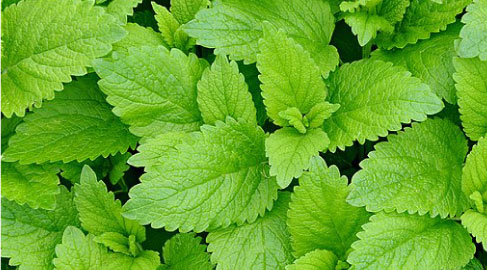

FRESH
scents include accords of bergamot, oakmoss, rose and patchouli. These fragrances are both rich and stimulating.

FRUITY
scents consist mainly of citrus fruits: lemon, orange, mandarin and grapefruit. This family is that of fresh waters.
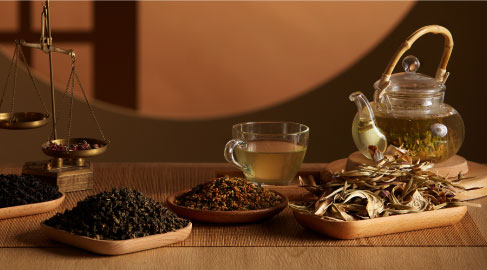
ORIENTAL
fragrances are a soft powdery blend of musks, spices, amber precious woods and vanilla.
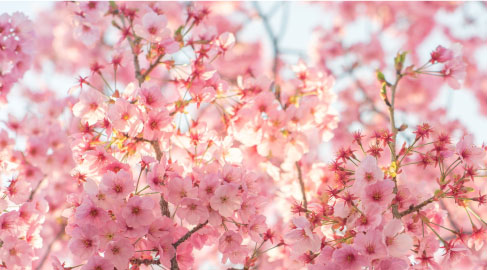
FLORAL
fragrances include all the essences created from a flower or a floral bouquet with scents such as iris, jasmine, or lily of the valley.

WOODY
fragrances correspond either to warm notes such as patchouli, or to cooler notes such as cedar and pine, sandalwood or vetiver.
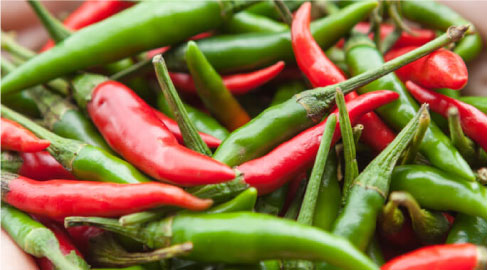
SPICY
fragrances are based on the essence of one or more aromatic herbs such as lavender, mint, rosemary or even sage.
HOW TO FIND THE PERFUME THAT BEST MATCHES YOUR PERSONALITY?
The perfume from one of these 6 olfactory families reveals your character, your personality and your emotions... You must therefore pick the one that will represent your olfactory signature.
- The fresh ones are suitable for people who have a strong personality, are authentic, elegant and even extroverted.
- The fruity fragrances are suitable for all those who crave freshness and lightness. The fragrances are generally dynamic, stimulating and playful.
- Oriental scents are perfect for the most enigmatic, sensual and seductive people.
- The woody notes are totally suitable for fresh and energetic people, looking for adventure.
- The floral notes are a great fit for warm, fulfilled and joyful people.
- Spicy fragrances are a nod to energetic, lively and outgoing people.
1- The fresh ones are suitable for people who have a strong personality, are authentic, elegant and even extroverted.
2- The fruity fragrances are suitable for all those who crave freshness and lightness. The fragrances are generally dynamic, stimulating and playful.
3- Oriental scents are perfect for the most enigmatic, sensual and seductive people.
4- The woody notes are totally suitable for fresh and energetic people, looking for adventure.
5- The floral notes are a great fit for warm, fulfilled and joyful people.
6- Spicy fragrances are a nod to energetic, lively and outgoing people.
FRAGRANCE TYPES
Notes are the different phases of evolution of the scent of a perfume when you spray it on your skin. Each of these phases has a different degree of volatility. Top notes give the first impression of a perfume. These are the lightest and most volatile notes, which burst on the skin when you spray the perfume, or the fresh scent that emerges when you open a bottle. Very volatile, the top notes generally disappear after 10 to 15 minutes.
TOP NOTES:
bergamot, citrus oils, aldehydes. When the top notes disappear, it is the heart notes of the perfume that bloom on your skin, and last an average of 3 to 4 hours. They are scents of medium volatility, which give personality and character to the composition and create the aura that gives the perfume its dominant theme.
HEART NOTES:
rose, jasmine, tuberose and most flowers. This theme is accentuated and fixed by the base note, which contains the soul of the perfume. Heavier and less volatile, these notes form the base of the perfume and give it depth and tenacity. It is thanks to the base notes that we remember the perfume; moreover, they help it stay on the skin.
BASE NOTES:
musk, amber, oakmoss, vanilla, wood.
HOW TO FIND MY SIGNATURE PERFUME?
Your perfume is your olfactory signature. By being loyal to a given fragrance, your perfume will naturally become your signature. Some people are recognized just by their scent, that is, the scent becomes like your personal smell.
In addition to this, you can choose a perfume according to the image you want to have. Being loyal to the same perfume can even enhance the power of your aura.
CHOOSE YOUR PERFUME ACCORDING TO YOUR SKIN
The combination of the different notes present in the composition of a perfume does not react in the same way on all skin types. The scent of a perfume depends on our genes, stress, the medications you take, your food, the temperature of your skin...and other factors.
Thus, the smell of a perfume varies according to each individual. A fragrance worn by your best friend will seduce you but could displease you if you try it yourself. The rule is therefore to never buy a perfume without having tested it on your skin.
IF I PUT ON PERFUME IN THE MORNING, WILL IT LAST ALL DAY?
No. One spray in the morning is not enough for the whole day. You will probably need to reapply perfume three or four times throughout the day. Also keep in mind that the scent evaporates faster at higher altitudes or in cold weather, but lasts longer on hot or sweltering days.
HOW MUCH PERFUME SHOULD I APPLY?
As for the amount of perfume to apply, it depends on your skin. Some skins retain scent better than others.
WHERE SHOULD I APPLY PERFUME?
Pulse points are the areas where your blood vessels are closest to the skin. Since blood circulation occurs just below the surface of the skin. On these points, the heat emitted helps to release the fragrance more effectively.
The pulse points to monitor are:

the inner part of the wrists,

the base of your neck,

Behind your ears

the inside of the elbows

Behind your knees
HOW DO I MAKE MY PERFUME LAST LONGER?
The secret to long-lasting fragrance is layering. Create multiple layers of fragrance using different forms of the same fragrance – scented soap, bath oil or gel, body cream or milk, face powder and eau de toilette. All the elements reinforce each other and quadruple the hold of your favourite perfume. If you want to explore the full range of perfume products, like body cream and oil, take a look at this amazing offering here.
DOES THE CLIMATE AFFECT THE PERFUME I WEAR?
The summer heat reinforces the impact of a scent. The hotter it is, the more “notes” of a perfume desert the skin. To overcome this, apply a lighter perfume during the sunny season and hot days. Winter reduces scents. In cold weather, the molecules of the perfume rise less quickly and the top, middle and base notes develop more gradually. That's why you can wear a stronger perfume during colder, autumn or winter days.
DOES THE CLIMATE AFFECT THE PERFUME I WEAR?
The summer heat reinforces the impact of a scent. The hotter it is, the more “notes” of a perfume desert the skin. To overcome this, apply a lighter perfume during the sunny season and hot days. Winter reduces scents. In cold weather, the molecules of the perfume rise less quickly and the top, middle and base notes develop more gradually. That's why you can wear a stronger perfume during colder, autumn or winter days.
PERFUME: 8 TIPS TO MAKE YOUR FRAGRANCE LAST LONGER
Perfume is a very delicate product. It contains aromatic and essential oils that can easily break down, transforming the scent that gives it character.
Do not leave your bottle under direct light or sunlight
Do not expose your perfume to high temperatures
Your perfume should be in a place where the temperature is constant
Do not expose your perfume to humidity
Do not open your bottle when it is not necessary
Do not shake the contents of your perfume
Does not use applicators too often
Never put a fragile bottle on the highest shelf
We hope that the perfume guide was helpful and invite you to explore the endless world of perfumes and fragrances on City Perfume, your number one destination for the most amazing scents for men and the best fragrances for women, as well as unisex perfumes at the best prices

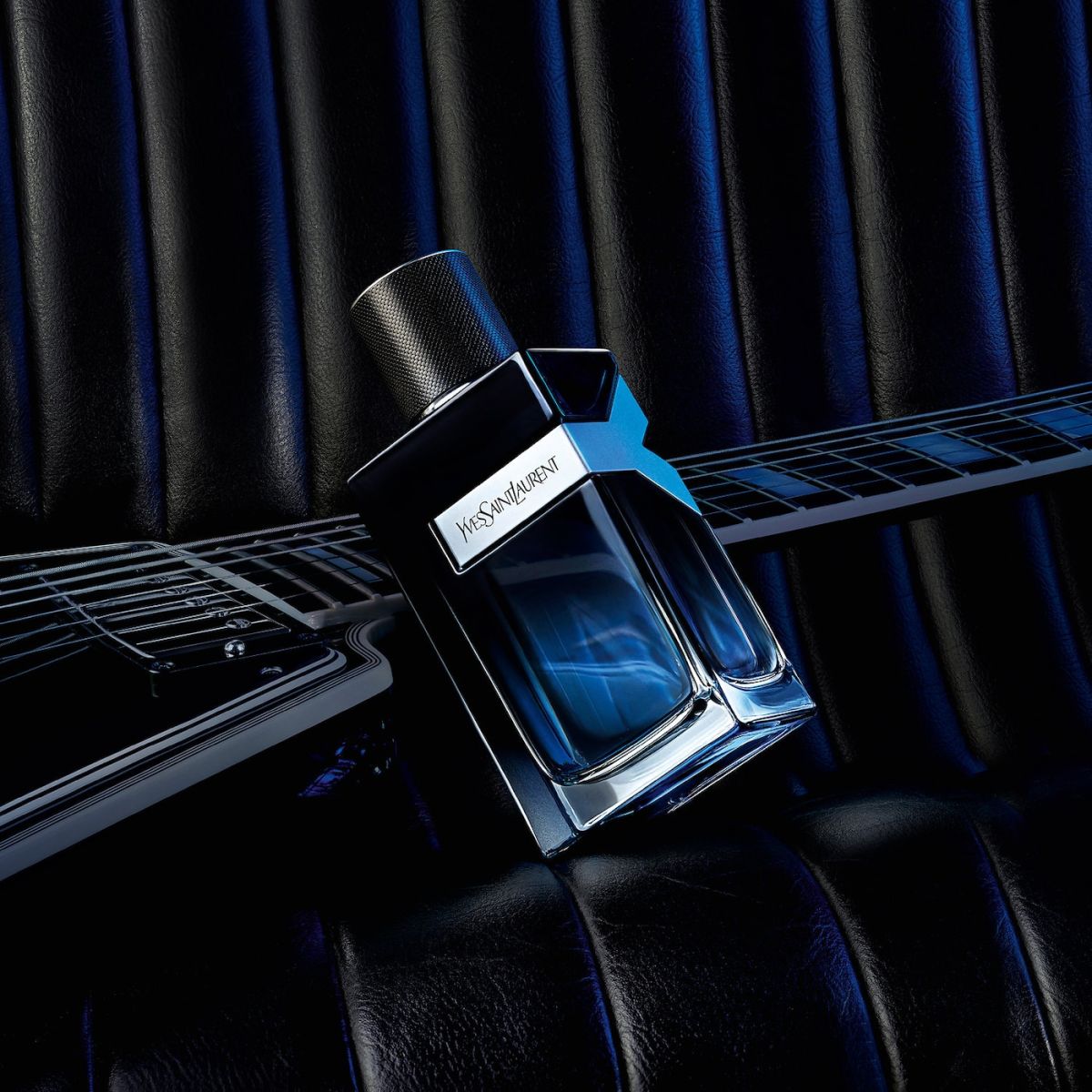

.jpg)
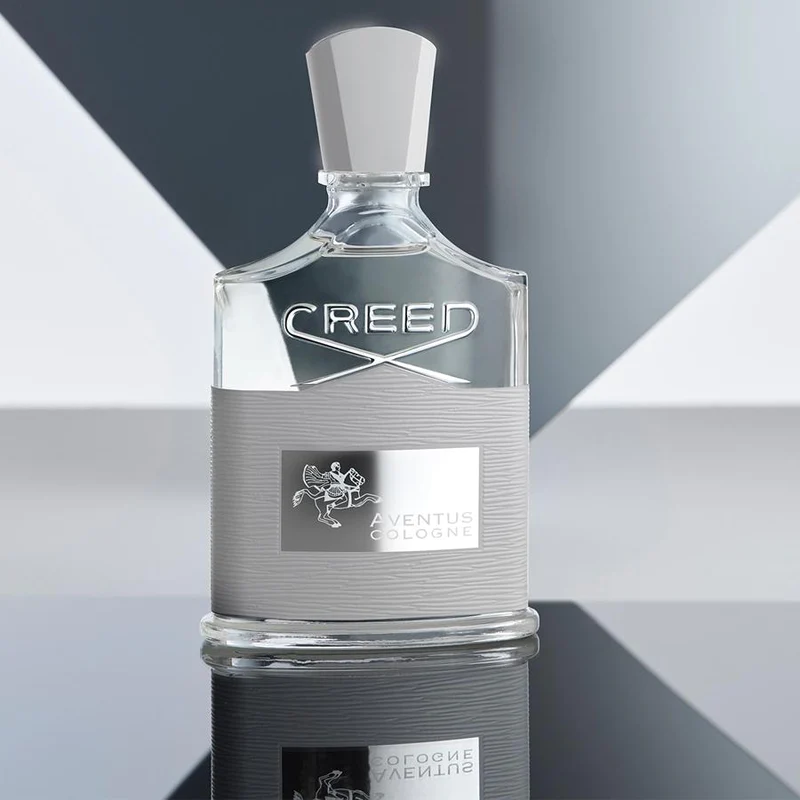
.jpg)